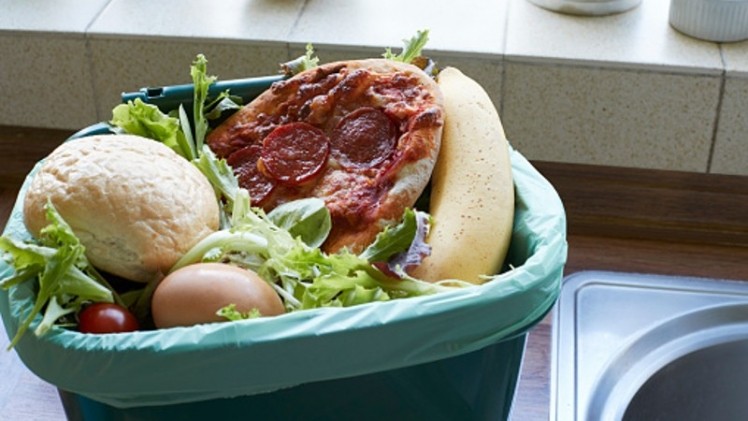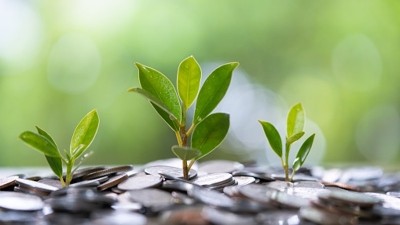‘Collective effort needed’: Cultural and behavioural challenges major hurdles for UAE national project

Ne’ma is a partnership between the UAE Ministry of Climate Change and Environment, the Abu Dhabi Crown Prince Court and the Emirates Foundatio.
Addressing the floor at the recent Gulfood 2023 event, Ne’ma project lead and Emirates Foundation Chief Sustainability Officer Khuloud Al Nuwais highlighted some of the major challenges that the project has had to address towards this.
“Ne’ma is based on five pillars including awareness, behavioural change, policy review and management, cross-sector collaboration and direct reduction – [and] from here we can see that a lot of collective effort is required to achieve our goals,” she said.
“As it is, the UAE spends some AED6bn (US$1.6bn) a year on food waste, and the fact is that a lot of this is a result of regular day-to-day behaviours, so a lot can be changed here if local consumers are willing to make the changes.
“It could be as simple as making shopping lists to not overbuy, or improving storage so food can last longer, or donating surplus food instead of throwing it away, or even eating those leftovers which are still good to eat instead of worrying about the prestige of doing this – and these are all behavioural.
“But this is all easier said than done as it is very challenging to change consumer behaviour and mentality, so when it comes down to it changes like these need to be supported by policy interventions, which are crucial to create an enabling environment for such changes to take place.”
One area this could be directed was at the retailers level, where there is high potential for the upcycling of products at a larger scale.
“Odd-looking vegetables and fruits are a major source of food waste, even if they taste the same – if these are mandatorily sold for cheaper, there will be a market so they are not wasted,” she added.
“There also is strong potential at a larger scale for not only consumers but also establishments such as hospitals, manufacturers or restaurants to buy more of these, as once they are done processing and using them to make snacks, juices and so on, the imperfections will no longer be visible to consumers.”
Another major area of concern falls under cultural practices, as Al Nuwais highlighted that consumers in the region tend to see food as an important way to demonstrate generosity and hospitality.
“Every Ramadhan season, food waste goes up significantly due to the increase of social gatherings and the way that consumers prepare for these events,” she said.
“It is very common to buy foods and beverages in bulk and then store these for consumption during these times – but more often than not the products are not finished or used up, then sit in the store unused and forgotten for a long time until they are spoilt and have to be discarded.
“There really is no reason for this, and consumers need to understand that the month of Ramadhan should be treated like other normal months in terms of making food purchases instead of stocking up and offering guests more than they can eat.”
Working with a target in mind
Ne’ma is working to define a national baseline from which to measure food loss and waste as well as to target specific hotspots along the food supply chain, and it sees behavioural change and raising awareness as major drivers for this due to the inherent existing challenges.
“We need to explore and address the root causes behind the behaviours that drive food loss and waste within the UAE,” she added.
“[Only then can we] implement the nudges and influence the longer-term behavioural changes needed to adopt more responsible consumption, especially given how diverse the communities in the UAE are.
“One of the ways we are doing this is via the Ne’ma pledge, where we are encouraging as many participants in the Emirates as possible to sign up and pledge to reducing food loss and waste whether this is by raising awareness, helping with research and policy review, redistributing and donating surplus food, creating new technology or other ways.”
The Ne’ma pledge can be found here.






















